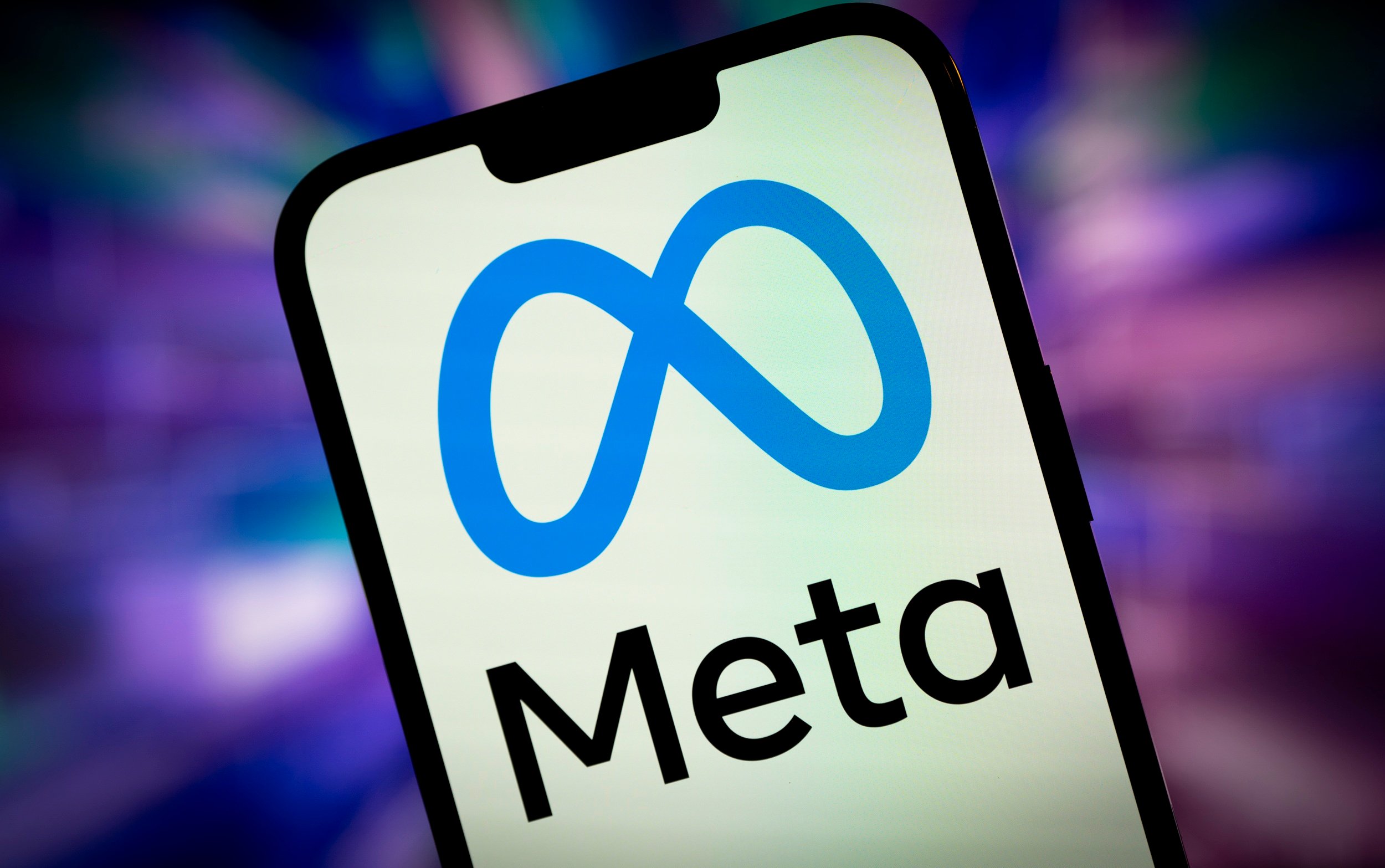Facebook's (FB 2.54%) CEO has made the most of the company's lofty stock price to make big acquisitions for the long-run. The company's asset-buying spree might not be a major driver of revenue in the near term, but might turn out to be invaluable a few years down the road.
One billion users for WhatsApp?
Facebook's two major acquisitions in Q1 2014, WhatsApp and Oculus VR, are a great move by the company's CEO. The company gobbled up rapidly emerging global communications platform WhatsApp for a heavy price tag of $19 billion.
However, WhatsApp has global scale and a growing user-base of more than 450 million users. Numerous investors and analysts alike have stated that WhatsApp is on track to grow its monthly user base to 1 billion. Facebook might have to alter the subscription business model of WhatsApp to an advertising one in order to recoup the heavy acquisition price.
WhatsApp is unlikely to produce much revenue in the near-term, but can aid Facebook's long-term revenue growth. But, more importantly, the acquisition of WhatsApp gives Facebook substantial control over the social media and communications space and widens the company's moat. Plus, if WhatsApp can add 1 billion users, it would take the combined user count of Facebook and WhatsApp to more than 2.2 billion.
Emulating Google is a long shot
Facebook's $2.3 billion acquisition of Oculus VR gives the company a strong presence in immersive virtual reality. The main product of Oculus's technology, called Oculus Rift, is still in development and has limited applications beyond the scope of gaming experiences.
However, with the backing of Facebook's engineering and cash injection, Oculus might be able to come up with new applications in related areas including communications and social media. Mark Zuckerberg is betting that Oculus can build a virtual reality platform for social networks. If this plan succeeds, this would a radically new experience, one likely to be very profitable for Facebook.
However, in the near term, there is no visibility other than that surrounding Oculus, and the acquisition can be a dud as well. Facebook's Oculus is a long-shot strategy, just like the one used by its Internet rival, Google (GOOG +0.10%). The search engine giant has made experimental acquisitions, like Nest Labs for $3.2 billion.
Nest Labs makes home-based technology devices like smoke alarms and thermostats. While such pricey acquisitions might not make much sense in the near-term, they are likely to be the technology of tomorrow. Google has made similar "moon-shot" acquisitions and experiments in the past, even though many of them haven't been successful; the acquisitions of YouTube and Android have been major victories for Google and have turned out to be major revenue drivers.
Mobile is rock-solid
Facebook already has an enviable position in terms of mobile monetization. The company gets 53% of its advertising revenue from mobile devices. Plus, the company recently started monetizing Instagram. Strong user engagement and broad appeal to younger demographics make Instagram an extremely valuable asset for Facebook, and one that has the potential to earn a few hundred million dollars annually.
The presence of Instagram and WhatsApp dramatically increases the durable competitive advantage of Facebook, especially on mobile devices. The company has used its stock as a currency for acquisitions, which dilutes shareholders but makes Facebook fundamentally stronger.
Going forward
The two recent acquisitions will likely aid Facebook's long-term revenue growth, even though neither is expected to produce much revenue in the near-term. Having two of the largest-growing social and communications platform in its bag is a major positive for Facebook, and one that will enable the company to earn a lot more brand advertising dollars in the future.







